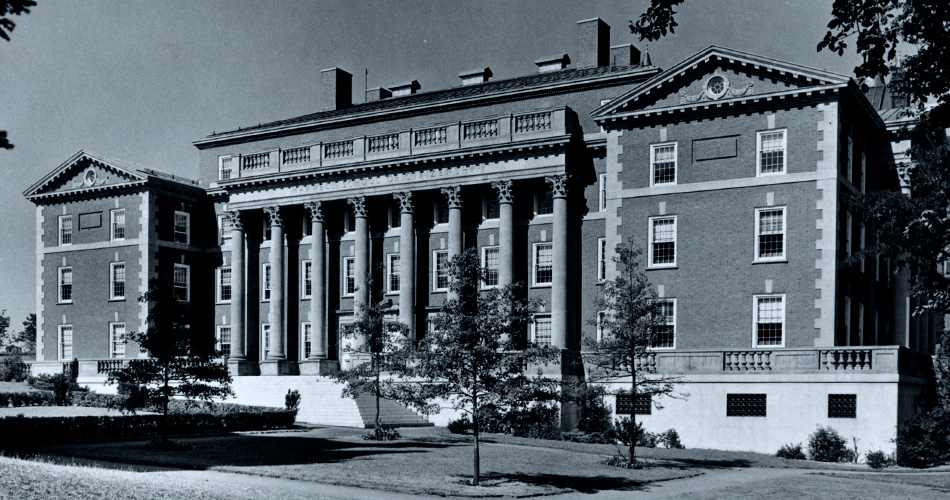Geography Colloquium- Dr. Elizabeth Johnson
Eggers Hall, 018
Add to: Outlook, ICal, Google Calendar
Circulations: Biomaterial Economies After, Before, and During Entanglement.
Elizabeth R. Johnson, Associate Professor of Human Geography at Durham University, UK.
Across pharmaceutical, biomedical, and material industries, scientists and inventors have increasingly turned to biological materials and structures as a resource for innovation. Amid this trend, cutting edge researchers like MIT’s Neri Oxman tout novel combinations of biomaterial and technological structures as the basis of a more ecologically sustainable future. As she argues, the rise of bioinnovation promises to move the socio-technical infrastructure of our day “from the age of the machine, to the age of symbiosis.”
This presentation offers an initial attempt to make sense of such promises in the context of the so-called bio-economy. In it, I explore how the emerging bioinnovation paradigm prefigures a reconfiguration of Harvey’s spatial fix: rather solving the problems of capital by moving across space, these emerging technologies attempt to move into and out of biological life through techniques of “managed growth” and “material ecology.” Drawing on case studies of marine biomaterials, I explore the limits of bio-innovation and further how its promises function in the realm of capitalist fantasy. I ultimately argue that bioinnovation’s material promises may matter less than the temporal and narrative structure of fantasies like Oxman’s where the “bio” joins with heroic effort to achieve a planetary salvation to-come. Throughout, I consider the implications of such promissory narratives for the intersection of political ecology and cultural geography.
Elizabeth R. Johnson is an Associate Professor of Human Geography at Durham University, UK. Her work explores how ties between the biosciences and technological innovation are changing how we understand life in the context of environmental precarity. She writes on biomimicry, biosensing, and biomaterial technologies and their influence on how we inhabit our environment. She is currently researching the political and economic lives of marine biomaterials. A selection of her writing has appeared in Progress in Environmental Geography, The Handbook of Ocean Space, Theory and Event, Society and Space, and the Annals of the Association of American Geographers. She is also co-editor of Blue Legalities: the Life and Laws of the Sea.
Category
Social Science and Public Policy
Type
Talks
Region
Campus
Open to
Alumni
Faculty
Students, Graduate and Professional
Students, Prospective
Students, Undergraduate
Cost
None
Organizer
MAX-Geography and the Environment
Accessibility
Contact Cristina Bellino to request accommodations

We’re Turning 100!
To mark our centennial in the fall of 2024, the Maxwell School will hold special events and engagement opportunities to celebrate the many ways—across disciplines and borders—our community ever strives to, as the Oath says, “transmit this city not only not less, but greater, better and more beautiful than it was transmitted to us.”
Throughout the year leading up to the centennial, engagement opportunities will be held for our diverse, highly accomplished community that now boasts more than 38,500 alumni across the globe.